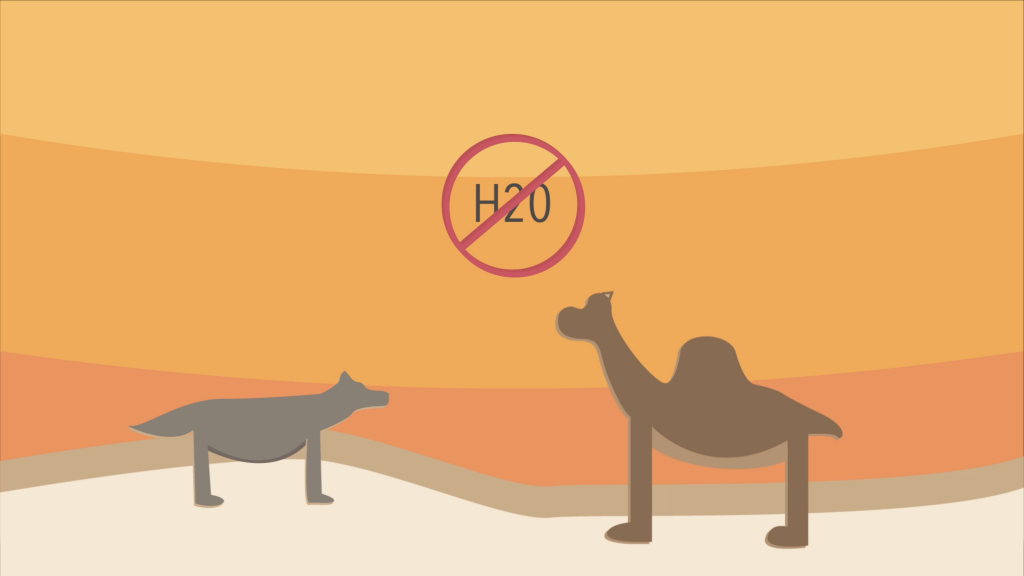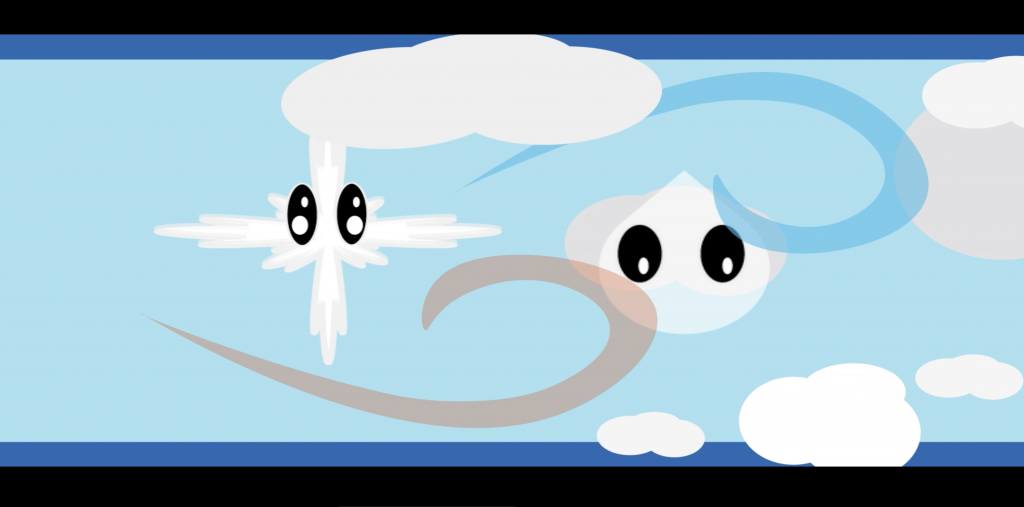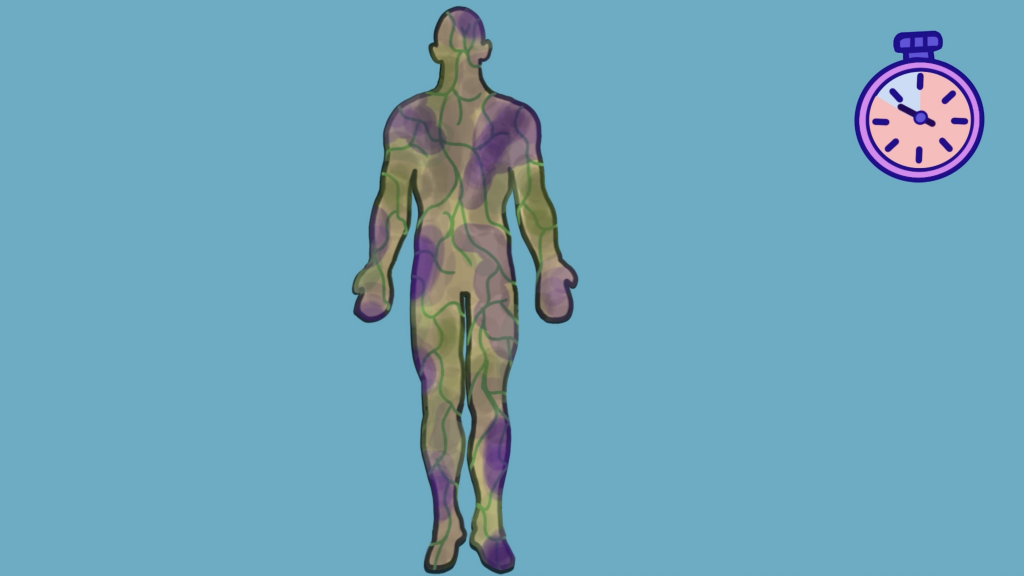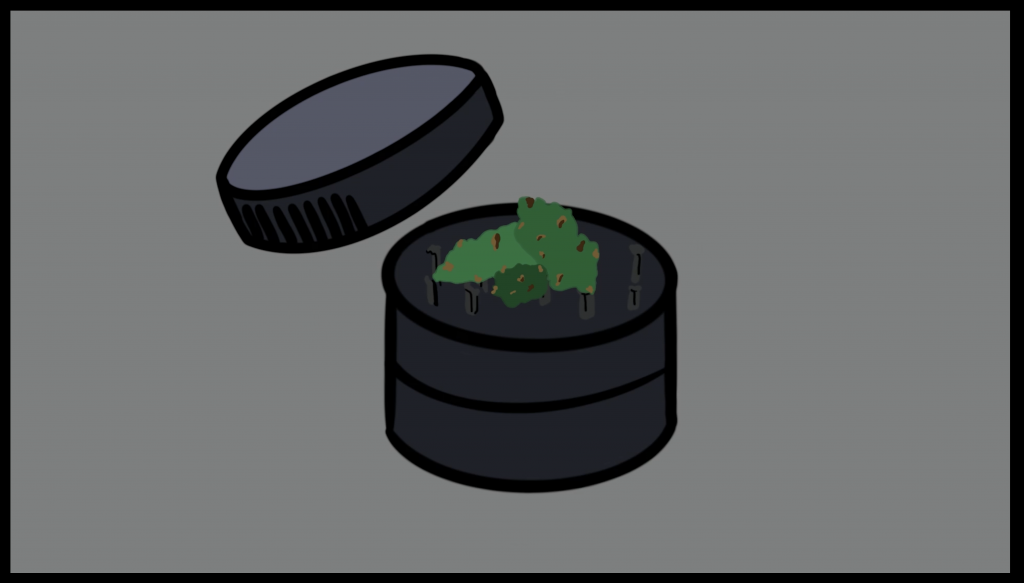How Do Large Desert Animals Find Water?

Large wildlife have a more difficult time keeping cool and hydrated, and have adapted differently to survive in arid ecosystems. From coyotes to tortoises to camels, Owen Megura explains some unique survival tactics large animals have evolved in the harsh conditions of their desert habitat in this short animation.
The ‘Core Four’ Cloud Formations

Though no two clouds ever look the same, each fit into one of four different categories depending on their altitude, density, and temperature! patterns they might portend.
What Happens (To Our Bodies) After We Die

There is much speculation about what happens to our consciousness after we die — but there is no debate on what happens to the corpse we leave behind! From death to skeletonization, Amelia Fuentes presents an animated timeline of the various stages of decomposition of the human body.
The Science Of Why Marijuana Makes Your Eyes Red

Marijuana use is indelibly associated with red eyes — have you ever wondered why? In this animated short, Sophie Geyrosaga explains how marijuana consumption may temporarily affect the circulatory system, dilating blood vessels in the eyes to the point that they might appear to be bloodshot!


